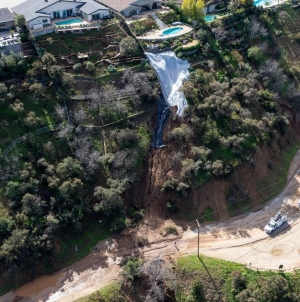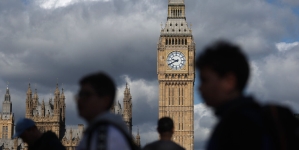At the same time, a competent Republican Party could make a strong case that the Biden approach itself has hamstrung Ukraine — by providing stepped-up aid slowly, often after weeks and months of Ukrainian pleading. Ukraine would likely be in a substantially better position if it had received F-16s, Abrams tanks and ATACMS missiles sooner, and in greater numbers.
Yet it is still true, in spite of these missteps, that the combination of Western arms and Ukrainian valor is proving incredibly potent on the front and beyond. With the exception of the Russian capture of Bakhmut earlier this year, its army has lost considerable ground since its initial offensive culminated in the spring of 2022. There’s an argument that as long as Ukraine retains Western aid, incorporates steadily more Western arms into its military and continues to evolve, it can, in fact, slowly but steadily push the Russians back. Maybe, just maybe, it can even cause a sudden collapse.
What do you think will happen?
I think some form of stalemate is the most likely outcome. And by “stalemate” I mean something short of Kyiv suing for peace or Ukraine pushing Russia entirely out of its territory. Instead I mean something that looks like Korea, where the back and forth of attack and counterattack eventually grinds down into something resembling a stable, static line of defense.
But there are good stalemates and bad stalemates. The Korean War, in fact, provides an illuminating example. North Korea utterly failed in its drive to unify the peninsula, and while U.N. forces were driven back from the North by Chinese divisions, the resulting armistice left the South free, protected by the United States, and ultimately created the conditions that have built the nation that exists today — one of the most economically and culturally dynamic countries in the world.
That’s what a good stalemate can look like for Ukraine — yes, Russia might retain some territory in the east, but the vast majority of Ukraine that would remain in Ukrainian hands would be free, independent and on the road to joining NATO. In 10 years, it would still be armed to deter Russia, but its future would look more like South Korea’s than, say, Belarus’s.































